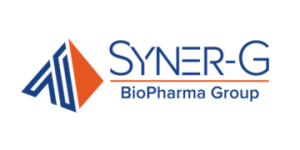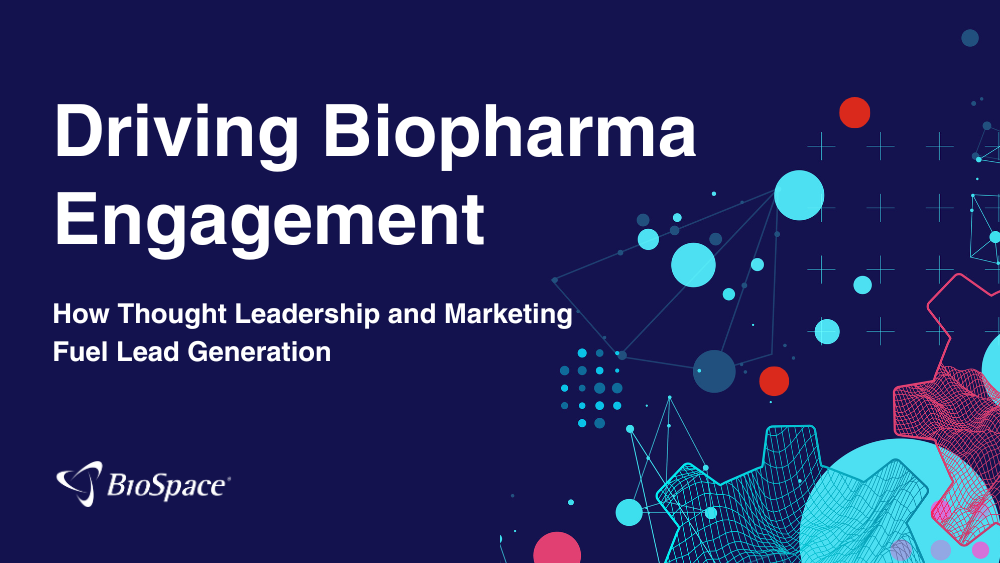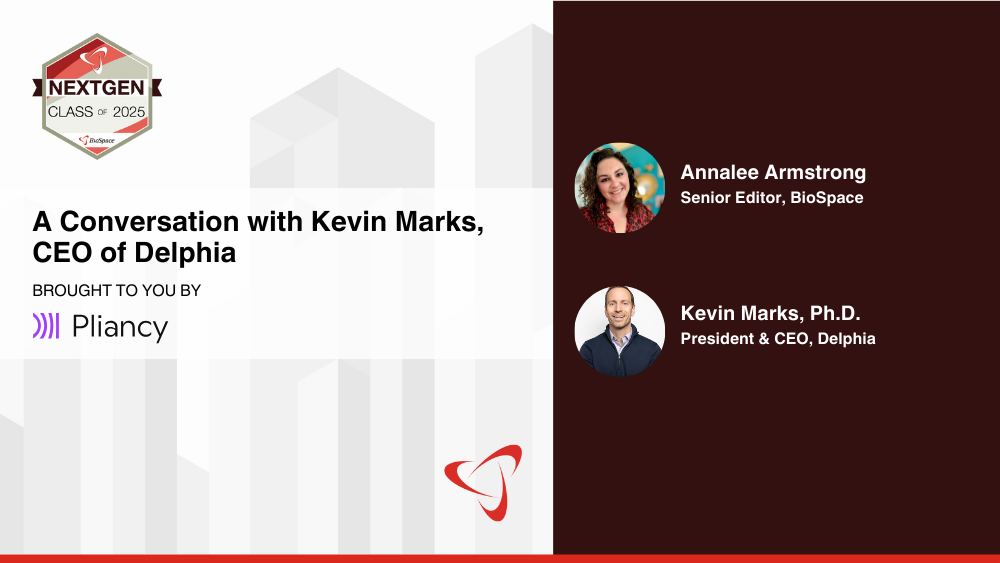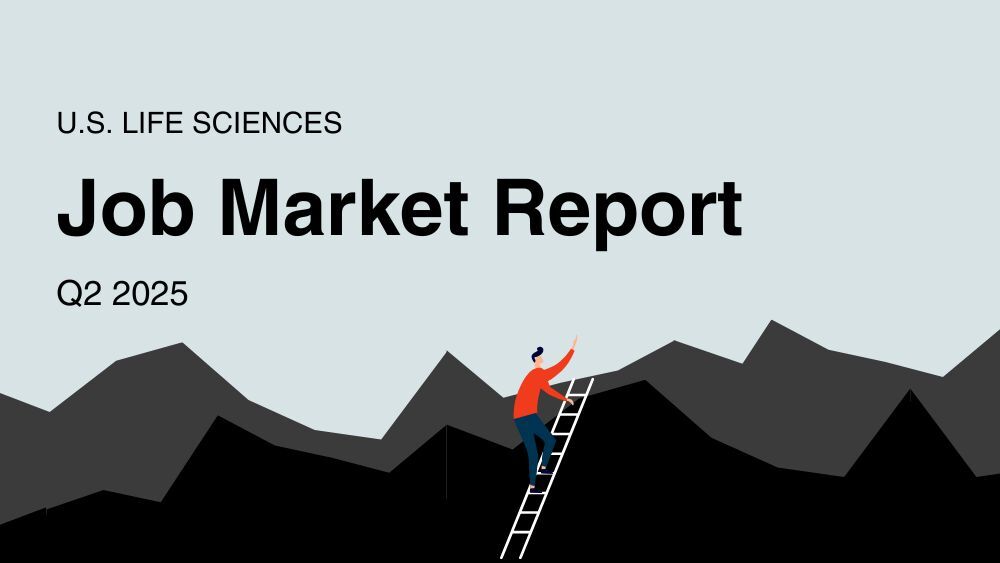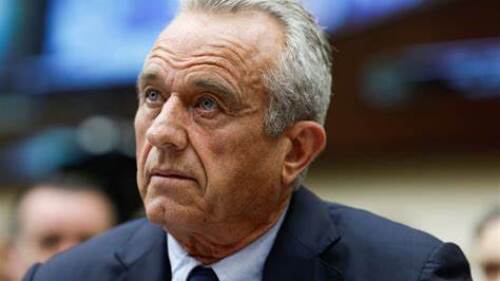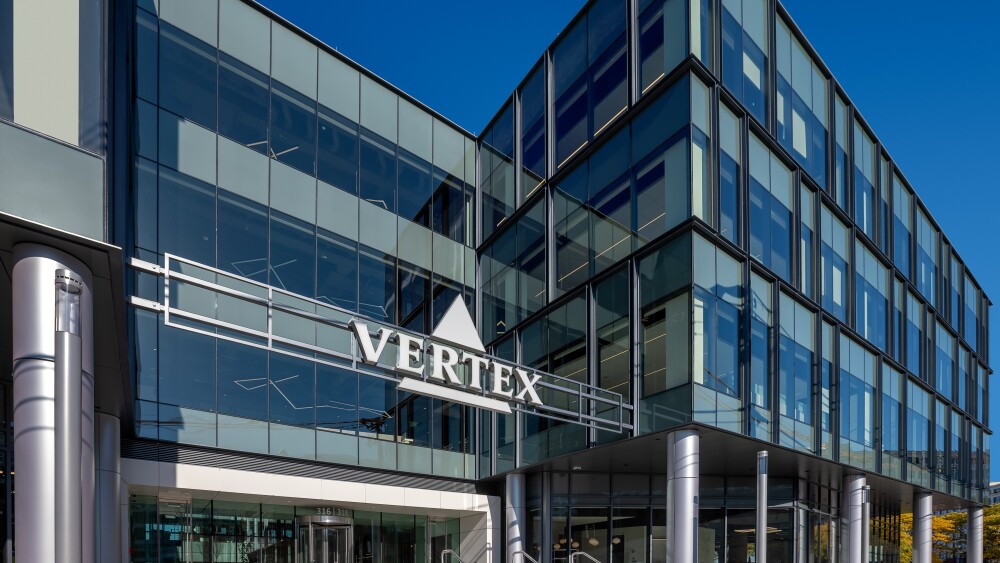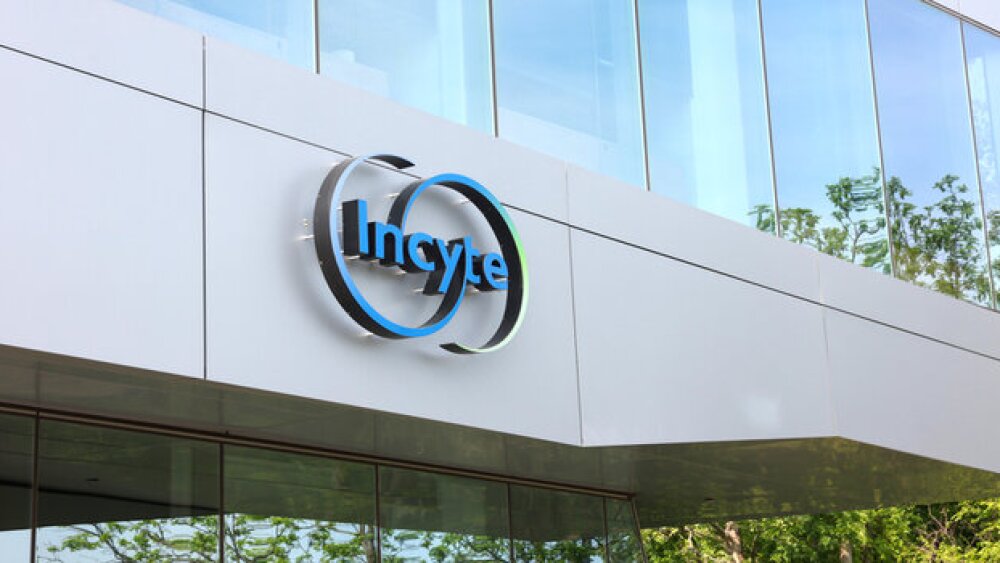Under the Inflation Reduction Act, medications with the same active ingredient will be treated as the same drug for price negotiation purposes—even if approved by the FDA under a separate application—disincentivizing companies from investing time and money in gaining approval for new formulations and indications.
The FDA’s dramatic summer continues to unfold as news broke late Tuesday evening that Vinay Prasad will depart the agency, where he had been the head of the Center for Biologics Evaluation and Research for less than three months.
Pascal Soriot’s comments came during AstraZeneca’s Q2 earnings call in regard to President Donald Trump’s newly announced European pharma tariffs. The company also announced estimate-beating earnings, with its cancer portfolio driving earnings despite clinical roadblocks.
CEO Rob Davis referred to the cost reduction program as a ‘reallocation’ rather than a cut, with the savings to be reinvested to support up to 20 new product launches.
In a surprise double announcement Tuesday, Novo reduced sales guidance by 5%—attributing the change to slowed growth of its semaglutide franchise in the U.S.—and named current international operations head Maziar Mike Doustdar as its new president and CEO.
Six weeks after HHS Secretary RFK Jr. cited unexplained conflicts of interest in dismissing all 17 members of the CDC’s vaccine advisory committee, Democrats are asking for details.
FEATURED STORIES
While sparking excitement among biopharma companies focused on rare and ultrarare indications, experts say FDA Commissioner Marty Makary’s proposal is light on details and raises potential concerns about safety, access and liability.
The FDA and NIH recently announced plans to phase out animal testing requirements for some therapies. While organoid and AI providers celebrate, scientists warn that questions over safety, applicability and implementation remain.
While the Trump administration has painted the jettisoning of staff and regulations as good for business, there are multiple reasons it’s unlikely to work out that way.
The number of employees laid off increased year over year during the first quarter. BioSpace recaps the five largest rounds of layoffs, which included BMS and Novartis cuts.
At the intersection of radiation and precision, Novartis, Bayer, AstraZeneca and more hope to cash in on a radiopharmaceuticals market that could top $16 billion by 2033.
To more effectively treat neurodegenerative conditions, we first need diagnostic tools that lend a more complete picture of protein aggregates in the brain.
FROM BIOSPACE INSIGHTS
Establishing trust through thought leadership is no longer optional in today’s cautious biopharma market. Learn how strategic insights and targeted outreach can turn awareness into high-converting leads.
LATEST PODCASTS
In the second podcast in a special series focused on BioSpace’s NextGen Class of 2025, Senior Editor Annalee Armstrong speaks with Kevin Marks, CEO of Delphia Therapeutics.
In this episode of Denatured, BioSpace’s Head of Insights Lori Ellis and Miruna Sasu, CEO of COTA, discuss life sciences investment and the potential for disruption.
As FDA seeks to rehire some fired employees, Donald Trump threatens to enact tariffs on pharma companies unless they reshore manufacturing; another lawsuit hits the complex GLP-1 compounding space as Eli Lilly offers expanded Zepbound options; and struggling gene therapy biotech bluebird bio goes private in an attempt to stay solvent.
Job Trends
Massachusetts’ biopharma jobs increased 2.6% in 2023, according to the MassBio Industry Snapshot. Whether the state’s jobs grow in 2024 remains to be seen based on this year’s layoffs and seemingly slowed hiring based on BioSpace data.
Subscribe to Genepool
Subscribe to BioSpace’s flagship publication including top headlines, special editions and life sciences’ most important breaking news
SPECIAL EDITIONS
BioSpace data show biopharma professionals faced increased competition for fewer employment opportunities during the second quarter of 2025, with increased pressure from further layoffs.
BioSpace did a deep dive into executive pay, examining the highest compensation packages, pay ratios and golden parachutes—what a CEO would get paid to leave.
A new generation of checkpoint inhibitors is emerging, with some showing more promise than others. From recent TIGIT failures to high-potential targets like VEGF, BioSpace explores what’s on the horizon in immuno-oncology.
DEALS
-
In this episode of Denatured, BioSpace’s Head of Insights Lori Ellis and Miruna Sasu, CEO of COTA, discuss life sciences investment and the potential for disruption.
-
Our CEO accidentally started a book club. Now we’re all dreaming of mega pharma mergers.
-
As high prices and supply issues drive consumers to alternative markets for GLP-1s, physicians aren’t too interested in using these therapies to treat conditions like heart disease risk that have existing cheap standards of care.
-
BridGene strikes another partnership with Takeda as the latter company continues its dealmaking streak, following high-ticket agreements with Keros Therapeutics, AC Immune and Degron Therapeutics in the past nine months.
-
The proposed acquisition by global investment firms Carlyle and SK Capital Partners could net shareholders $3 per share plus potential CVR dollars and provide bluebird bio with primary capital to expand the commercial reach of its gene therapies.
WEIGHT LOSS
-
According to BMO Capital Markets, Rybelsus’ outcomes in SOUL were “inconsistent,” failing to significantly lower cardiovascular death and nonfatal stroke.
-
Compounded versions could make up as much as 40% of the semaglutide market, said Novo Nordisk CEO Lars Fruergaard Jorgensen on Thursday, but the company hopes to win patients over.
-
Lexicon’s LX9851 targets ACSL5, a liver enzyme involved in fat metabolism that helps moderate fat accumulation and slow down gastric emptying.
-
Deloitte urged pharma executives to “be bold” in a new report tracking the top 20 pharmaceutical companies’ R&D performance.
-
Eli Lilly and Novo Nordisk are in a global battle for dominance in the weight loss space. BioSpace takes a look at the territory covered and what’s to come.
POLICY
-
The American Medical Association is also urging an “immediate reversal” of the HHS Secretary’s decision to oust all 17 members of the CDC’s vaccine advisory board.
-
Gene therapies have ridden investor mania to huge valuations but commercialization challenges have pushed market caps to the floor. At a roundtable last week, FDA leaders promised faster approvals and broad support to the industry.
-
Robert F. Kennedy Jr.’s removal of all remaining members of the CDC’s Advisory Committee on Immunization Practices raises questions about the upcoming meeting later this month. Analysts fear the committee could be more sympathetic to the HHS Secretary’s anti-vax viewpoints.
-
The reinstatement of the generic drug policy office is the latest reversal of course for Robert F. Kennedy Jr.'s HHS, which also recently rehired FDA staff responsible for making travel arrangements and those involved in user fee program negotiations.
-
Two weeks of upheaval at the CDC culminated Monday in the complete reconstitution of the CDC’s Advisory Committee on Immunization Practices as HHS Secretary Robert F. Kennedy Jr. pens op-ed criticizing “conflicts of interest” he says exist on the current committee.
Transitioning from team member to manager has its challenges, including managing ex-peers. There are a few ways you can make the change easier.
Odds are, you won’t love every job. Is that OK? And what should you do if you’re struggling to find happiness at work?
While biopharma professionals cited age discrimination as an issue in a new BioSpace report, it’s not the only factor affecting older and younger people’s job searches.
Learn how to discuss career gaps and how to be a great hiring manager and interviewer.
Dry promotions include new titles and responsibilities without higher pay. What should you do if you’re offered this type of promotion?
By incorporating soft skills in your resume, you showcase your ability to work well with others, which is important to employers.
HOTBEDS
REPORTS
In this Employment Outlook report, BioSpace explores current workforce sentiment, job activity trends and the prospective job and hiring outlook for 2025, particularly as it compares to the previous year.
BioSpace’s third report on diversity, equity, inclusion and belonging in life sciences examines dramatic shifts in attitude around diversity initiatives.
CANCER
-
The FDA also approved the use of Zynyz as a monotherapy for patients with squamous cell carcinoma of the anal canal who are intolerant to platinum chemotherapy or whose disease has progressed.
-
As the FDA prepares for a busy Oncologic Drugs Advisory Committee meeting next week, an agency insider told BioSpace that volunteers with little training are scrambling to secure the required expertise after workforce cuts decimated the adcomm planning office.
-
AbbVie’s Emrelis is the first non-small cell lung cancer therapy approved for patients with high c-Met expression levels who have received prior lines of treatment.
-
Belrestotug showed underwhelming efficacy outcomes in mid-stage studies of non-small cell lung cancer and head and neck squamous cell carcinoma.
-
After losing its powerhouse partner, IGM Biosciences closed “most” of its labs and offices and initiated a strategic review of potential strategic alternatives and options for the business.
NEUROSCIENCE
-
Analysts at BMO Capital Markets said Centessa’s orexin receptor agonist has “best-in-class” potential for narcolepsy, putting the company in a strong position in the $15 billion market.
-
Sangamo, which has been having cash problems, will receive $18 million upfront in licensing fees for its AAV capsid that in preclinical studies has shown the ability to cross the blood-brain barrier.
-
After some high-profile crashes, the one-time biotech darling is inching toward success with its Hunter syndrome treatment, which today began a rolling BLA for accelerated approval.
-
Biopharma leaders react to the forced resignation of CBER Head Peter Marks as RFK Jr.’s promised job cuts begin at the FDA; Novo Nordisk presents mixed results from oral semaglutide in cardiovascular disease; the EU’s Committee for Medicinal Products for Human Use declines to recommend Eli Lilly’s Alzheimer’s drug; and pharma R&D returns grew in 2024.
-
The European Union’s CHMP said that the benefits of the drug, already approved in the U.S., do not outweigh the risk of potentially fatal brain swelling and bleeding.
CELL AND GENE THERAPY
-
Ayrmid’s offer is 50% higher than bluebird’s previously announced deal with Carlyle and SK Capital Partners.
-
Industry updates and investment insights—including investor behavior and fundraising advice—were among the topics experts explored at Charles River Laboratories’ 2025 Cell & Gene Therapy Summit.
-
Werner held roles at Bristol Myers Squibb, AstraZeneca and Novartis before landing at Alltrna, where she works to develop tRNA-based treatments for a range of diseases.
-
Last month, Deerfield Management accused Alcon of obstructing Aurion’s IPO plans so it could acquire the startup “at a discount.”
-
Adaptimmune is rolling out its T cell therapy Tecelra for synovial sarcoma, recording $1.2 million in sales since its approval in August 2024. Nevertheless, it is pausing development of two oncology assets to save money.



































































